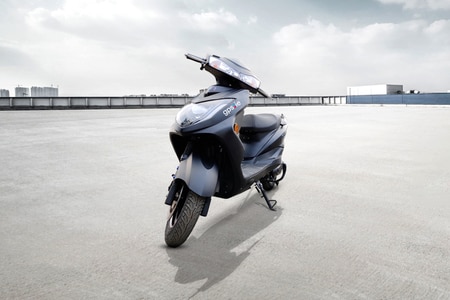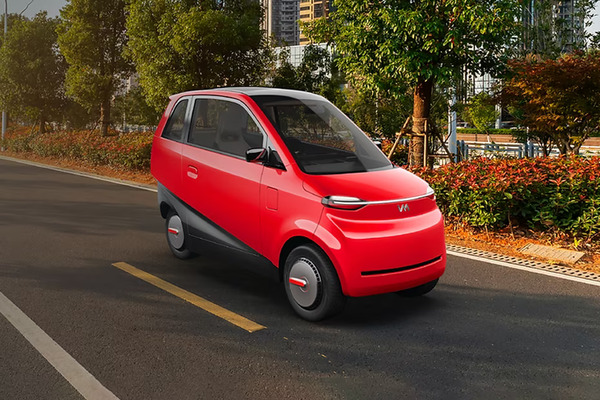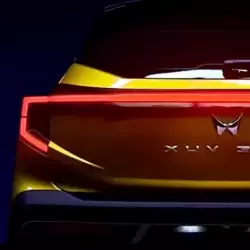Investment of ₹12.5 lakh crore needed to realise India's 2030 EV target: Study
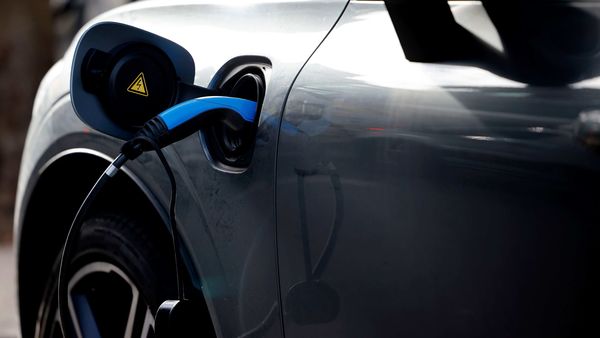

Indian electric vehicle (EV) market could be worth around ₹14.42 lakh crore if the country were to achieve its 2030 EV ambitions but would need cumulative investment of about ₹12.50 lakh crore for the same, according to a study by CEEW Centre for Energy Finance (CEEW-CEF).
According to the study, an initiative of think tank Council on Energy, Environment and Water (CEEW), although at the end of March 2020, the total number of registered EVs in India stood at only half a million, the cumulative EV sales in all vehicle segments could cross over 100 million units by FY30, 200 times its current market size.
Also check these Vehicles
Also Read : Pravaig aims to produce 2,500 Made in India luxury EV Extinction MK1 every year
The study also said realising India's EV ambition would require an estimated annual battery capacity of 158 GWh by FY30, thereby presenting a massive market opportunity for domestic manufacturers. Citing NITI Aayog's target, the CEEW-CEF study said India's 2030 EV ambition "states that 70 per cent of all commercial cars, 30 per cent of private cars, 40 per cent of buses, and 80 per cent of two-wheeler (2W) and three-wheeler (3W) sales in 2030 would be electric".
"India's electric vehicle market could be worth nearly USD 206 billion (about ₹14,42,000 crore) in the coming decade, if India were to achieve its 2030 electric vehicle (EV) ambitions," it said. Moreover, it said that an estimated cumulative investment of over USD 180 billion (about ₹12,50,000 crore) will be needed in vehicle production and charging infrastructure until 2030 to meet India's EV ambition.
Also Read : Here's why hybrid vehicles are quietly selling faster than fully electric cars
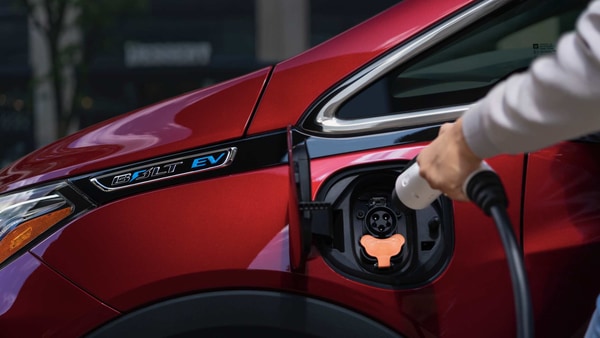

Commenting on the findings, Senior Analyst at CEEW-CEF Vaibhav Pratap Singh, who is also the lead author of the study, said, "Availability and affordability of capital for OEMs, battery manufacturers, charge point operators, and end consumers would be key to determining the pace, efficiency and cost of India's transition to electric vehicles."
Consistent policy support would also be critical. The recent announcements by the government to set up EV kiosks across 69,000 petrol stations in the country and permit sales and registration of EVs without batteries can give a boost to the sector, Singh added. As per the study, realising India's EV ambition would require an estimated annual battery capacity of 158 GWh by FY30.
This presents a massive market opportunity for domestic manufacturers. "Even if 50 per cent of the battery manufacturing capacity were indigenous, investments would amount to as much as USD 6.1 billion ( ₹42,900 crore) by FY30. Further, the cumulative investments required would exceed USD 12.3 billion ( ₹85,900 crore) in case of 100 per cent indigenisation of battery manufacturing," it added.
The recently approved production-linked incentive (PLI) scheme for the automobile and battery manufacturing sectors could help enable the right ecosystem for indigenisation and job creation in the EV sector, the study said. It also said India would need a network of over 2.9 million public charging points by FY30, beyond the in-home charging points. "This could create another massive market opportunity requiring cumulative investments of up to USD 2.9 billion (about ₹20,600 crore) until 2030," it said adding currently, there are around 1,800 public charging points across the country.
The study recommended capping rental costs for public charging stations and creating a charging infrastructure investment facility to strengthen the business case for charging infrastructure.








 11.6 kwh
11.6 kwh 344 km
344 km

